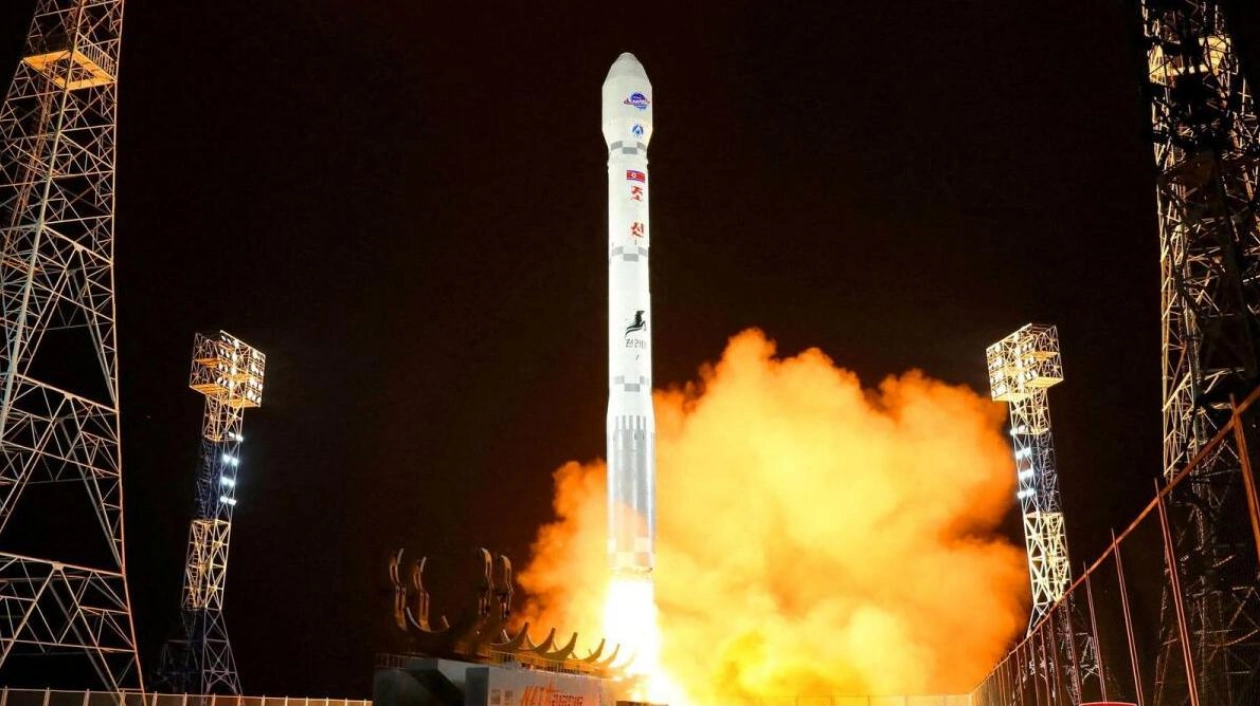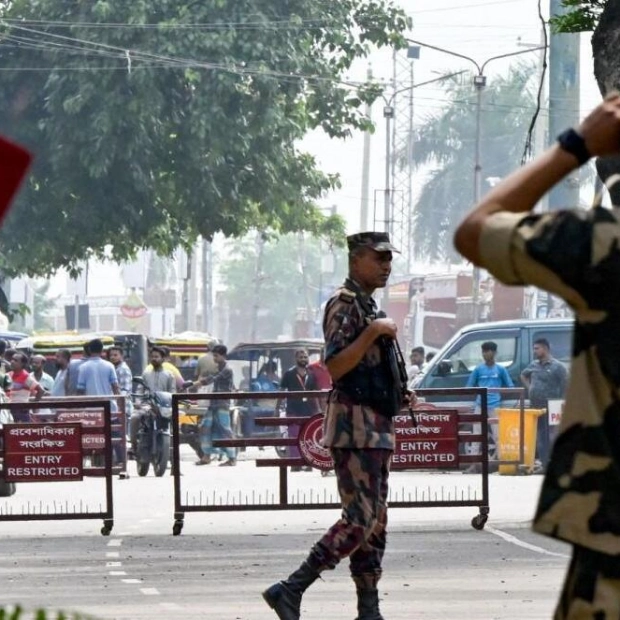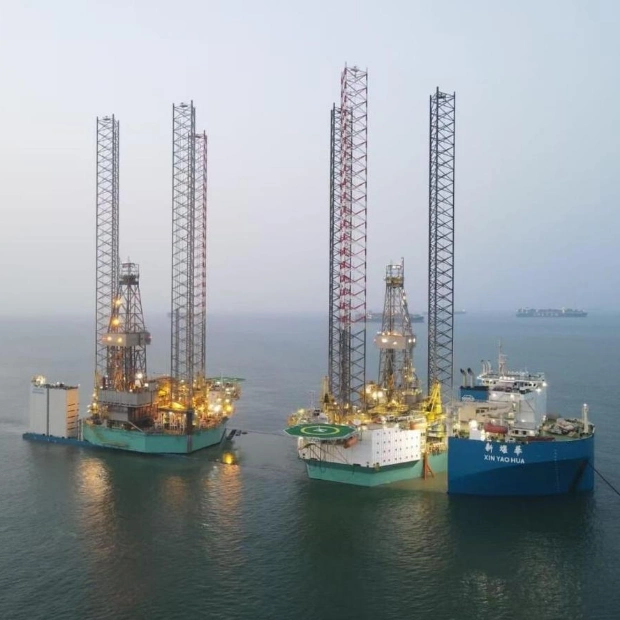North Korea reported the failure of its latest attempt to launch a military reconnaissance satellite on Monday, as a newly developed rocket engine exploded during flight. The attempt followed a warning from Pyongyang of its intention to launch a satellite by June 4, which would have been its second spy satellite in orbit. Instead, it marked the North's third consecutive failure, with two previous crashes occurring last year. The North successfully placed its first spy satellite in orbit in November.
The deputy director-general of North Korea's National Aerospace Technology Administration stated that the new satellite carrier rocket failed due to an explosion in mid-air during the first stage of the flight. An initial analysis pointed to a newly developed liquid fuel rocket motor as the cause, although other possibilities were being explored. South Korea and Japan had also reported the launch's failure.
The projectile was fired on a southern path off North Korea's west coast and was detected to have produced a large amount of debris in the sea just two minutes after launch. The object vanished over the Yellow Sea, according to Japanese Chief Cabinet Secretary Yoshimasa Hayashi. The United States and other countries condemned the launch as a breach of UN Security Council resolutions, citing its association with North Korea's intercontinental ballistic missile programme.
The failed launch came after a three-way summit between China, South Korea, and Japan in Seoul. The previous attempts in May and August last year, resulted in the new Chollima-1 satellite rocket wreckage being retrieved and declared as having no meaningful reconnaissance use. Although North Korea claimed that the satellite transmitted photos of the Pentagon and White House, no images were released. The successful November launch followed North Korean leader Kim Jong Un's visit to Russia's space launch centre, where he received promises of assistance from President Vladimir Putin. The extent of this aid between the two countries remains undisclosed, potentially violating UN Security Council resolutions against North Korea.






